Therapy techniques, ethical guidelines, and best practices change constantly. So how do we as mental health professionals stay sharp? You may only think about ‘Continuing Education’ in the context of requirements for licensure. But mental health training is about so much more. It’s about lifelong learning and continuous professional development.
As new research comes out and best practices shift, continuing education for counselors ensures we are providing the highest level of care for clients. Whether you’re a seasoned therapist or just starting out, investing in mental health training can help you to grow as a professional, enhance your skills, and ultimately lead to better client outcomes- who doesn’t want that?!
I want to share with you the reasons I believe mental health training matters, how continuing education benefits both counselors and clients, and practical ways you can integrate learning into your practice.


The Importance of Mental Health Training
- Staying Current with Best Practices: The field of psychology and mental health is always evolving- it can be hard to keep up! What was considered effective treatment ten years ago may no longer be the standard today. Mental health training ensures you’re remaining knowledgeable about the latest research and therapeutic practices.
- Enhancing Clinical Skills: Whether learning new approaches like EMDR therapy, cognitive-behavioral therapy (CBT), or Emotionally Focused Therapy, mental health training helps counselors expand their skill sets and better serve their clients.
- Meeting Licensing and Ethical Standards: State licensing boards require continuing education to maintain licensure. Although requirements differ from state-to-state, meeting that requirement helps ensure that counselors adhere to ethical guidelines and maintain competency in their practice.
- Improving Client Outcomes: Ongoing education allows therapists to approach therapy with a fresh perspective and updated tools. One of our goals should be in helping clients feel more seen, heard, and supported. For example, a therapist trained in new trauma interventions may help a client process painful memories more effectively therein reducing symptoms faster than traditional methods. Small shifts can make a profound difference in a client’s healing journey.
- Preventing Burnout: Engaging in ongoing mental health training can help with reigniting your passion and allow you to connect with others in the field! Preventing burnout is key when it comes to sustainability in helping professions.
- Enhancing Professional Credibility: Staying updated on mental health advancements can position a counselor as an expert in their field, increasing trust for your clients and expanding your reach in this field.
Key Areas of Continuing Education for Counselors
There are many areas of continuing education and no matter how new you are to the field versus experienced, it can really be overwhelming considering what’s out there! At the center of it all continuing education should be about growing in ways that make a difference in your work. Whether it’s diving into a new therapeutic approach, refining skills you already use, or just getting fresh inspiration- consider all the ways in which it translates directly into better support for your clients. There are all kinds of specialized certifications to hands-on workshops and flexible online courses. Let’s take a look and break it down together:
- Trauma-Informed Care & EMDR Training: I know I’m not alone in noting that there is an increasing awareness in our field about trauma’s impact on mental health. Trauma-informed care has become a necessity in the field. Eye Movement Desensitization and Reprocessing (EMDR) is a powerful modality of therapy that helps clients reprocess traumatic memories. I might be biased, but I truly believe that investing in EMDR training or other trauma-focused approaches can significantly enhance a counselor’s effectiveness in treating not only trauma-related disorders, but really as we work with all types of clientele.
- Ethics & Legal Considerations: Ethical guidelines and laws surrounding mental health care change over time – makes sense because we are always learning and growing as humans! Continuing education courses in ethics help counselors navigate complex client situations, confidentiality requirements, and informed consent while maintaining legal compliance and best practices. Most state boards require continuing education training for ethical/legal guidelines for initial and renewal of licensure. These kinds of trainings can also provide guidance on handling digital therapy platforms, social media boundaries, and telehealth regulations; these are all areas that have become increasingly relevant in mental health practice.
- Cultural Competency & Diversity Training: Every client brings their own background, experiences, and perspectives into the therapy room. A deeper understanding of how cultural factors shape mental health allows therapists to approach sessions with greater sensitivity. For example, learning about how different communities view mental health, trauma, and healing can make it easier to build trust and connection.
- Up-and-Coming Therapeutic Modalities: Keeping up with advancements in research and various modalities allows counselors to offer a wider range of treatment options tailored to each client’s needs. Not that this is all-encompassing, but a few modalities that I know are gaining more traction in the field and reflected in the media are:
- Eye-Movement Desensitization and Reprocessing (EMDR): A modality of therapy that helps individuals process and heal from trauma by using bilateral stimulation to reprocess distressing memories and reduce their emotional impact.
- Internal Family Systems (IFS): A model that helps clients understand and heal different parts of themselves.
- Polyvagal Theory: A neuroscience-based approach to understanding the body’s response to stress and trauma.
- Eye-Movement Desensitization and Reprocessing (EMDR): A modality of therapy that helps individuals process and heal from trauma by using bilateral stimulation to reprocess distressing memories and reduce their emotional impact.
- Business & Private Practice Development: If you’re in private practice, getting some solid business training can really make a difference. Whether it’s to learn about marketing, telehealth, or practice management, it can help you create a space that’s not only sustainable but also allows you to prioritize your clients. It’s especially important for therapists to understand digital marketing and ethical telehealth practices so you can maintain standards and create more growth opportunities.
How to Incorporate Continuing Education into Your Practice
Okay but HOW, right?! With busy caseloads I know that finding time for mental health training can be challenging. In my experience, finding practical ways to integrate learning into your routine can be a game changer:
- Attend Workshops & Conferences: National and local mental health conferences provide immersive learning experiences and networking opportunities. Events such as the American Counseling Association (ACA) Conference or EMDRIA Annual Conference offer specialized training. Especially at conferences you get to experience not only training, but a whole community of like-minded humans.
- Take Online Courses: Many organizations offer flexible online courses that fit into your schedule. Making sure that you’re reviewing the accreditations of the trainee or organization can also make a difference on the quality or qualifications for licensure requirements.
- Join a Consultation Group: Engaging with other professionals allows for collaborative learning and shared insights. Case consultations with colleagues help refine clinical skills and ensure ethical decision-making.
- Read Research & Books: Keeping up with the latest research and books on mental health topics keeps you informed of new findings. I love to subscribe to the state board or international association newsletters for up-to-date info as well!
- Participate in Supervision: Even experienced therapists benefit from consulting with mentors. Supervision ensures accountability and provides guidance on your most complex cases.
Mental Health Training Moving Forward
As mental health professionals, our work is immensely impacted by the world around us. Just in the last few years following the COVID-19 epidemic we saw a huge shift in the need for telehealth. As mental health needs continue to evolve, I believe we’ll see continuous evolution for training as well. Some of my thoughts on what we might expect (and hope!) to see…
- More Online & Hybrid Learning: Advances in technology are making continuing education more accessible through virtual workshops, live webinars, and interactive e-learning modules.
- Greater Emphasis on Therapist Well-being: More training programs are leaning in to focus on burnout prevention, self-care, and trauma-informed care to support sustainability in the field.
- Integration of Neuroscience: Therapists are increasingly incorporating neuroscience-based approaches into treatment as we continue to have more access to research and studies that support neuroscience-based approaches.

I can attest that continuing education is such a vital part of a thriving and sustainable career in the mental health field. Mental health training ensures that we remain knowledgeable, skilled, and ethically sound in our practice. Whether you are pursuing certification in a new therapeutic modality or attending your first ethics training, investing in your education benefits both you and the clients you serve.
Mindemics, LLC has been approved by NBCC as an Approved Continuing Education Provider, ACEP No. 7706. Programs that do not qualify for NBCC credit are clearly identified. Mindemics, LLC is solely responsible for all aspects of the programs.

If you’re on the hunt for online Continuing Education Courses that help you stay compliant and up-to-date with industry standards, take a peek at our catalogue above – we’ve got some amazing offerings on topics like ethics, diversity, and supervision!
